The Australian Government this week announced its revised New Vehicle Efficiency Standard (NVES), and has put a bill before parliament.
Joined by representatives of Toyota, Tesla and various groups earlier this week, Climate Change and Energy Minister Chris Bowen told media that changes had been made after industry consultation.
“Not everybody here has gotten what they’ve asked for,” he said at this week’s press conference.
“Some wanted us to go harder and faster, some had concerns and wanted us to slow, but everybody here has had a say, everybody here has had genuine concerns taken on board, and everyone today recognises that Australia can now move on, implement these standards, and Australian motorists can get access to these standards.”
It has made some key concessions to placate carmakers, though there’s only a six-month delay for penalties to come into effect (to July 1, 2025) and they remain at $100 per g/km for carmakers that exceed their CO2 target.
It has, however, moved large, body-on-frame SUVs from the same category as passenger cars to the same category as utes and vans, and adjusted the emissions limits for this category.
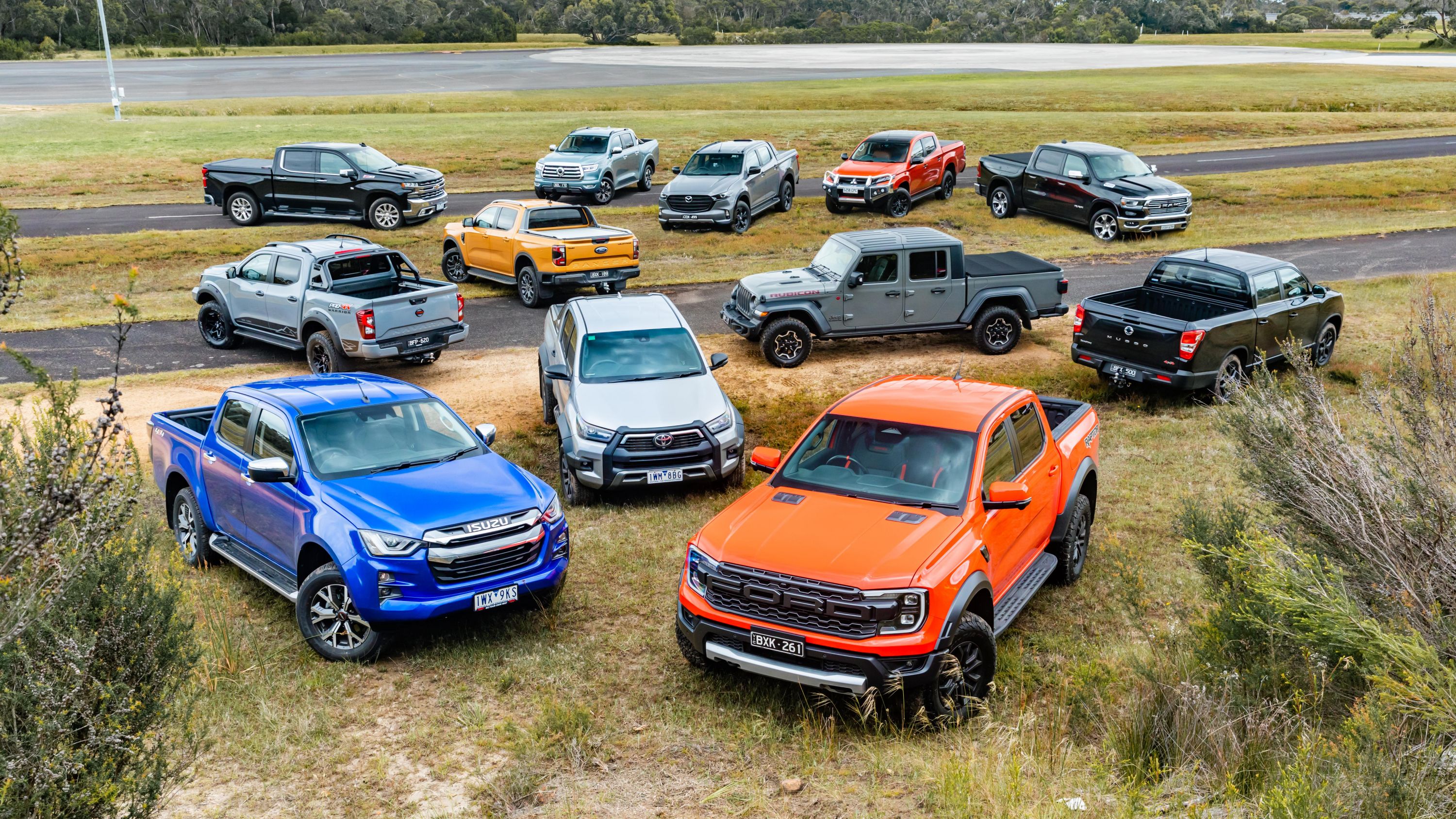
What Australia’s biggest car brands have to say about revised emissions standards
Also tweaked are break points, points on the fleet limit curve that are “flattened out”, which the Government says can help put a limit on how much the curve helps out heavier vehicles.
The Government has kept the lower break point the same, but Type 1 vehicles now have an upper break point of 2200kg and Type 2 vehicles have an upper break point of 2400kg.
You can read more about what’s in the legislation here.
Changes to break points and vehicle categorisation were among the modifications some carmakers were calling for. So, how has the industry responded?
MORE: What lobby groups think of Australian Government’s revised emissions regulations
Toyota and Lexus
“Toyota has long supported the introduction of an ambitious fuel-efficiency standard that is calibrated to the unique requirements of the Australian market and leaves no-one behind,” said Toyota Australia president and CEO Matthew Callachor, who was present alongside Ministers Bowen and King at the press conference for the revised scheme.
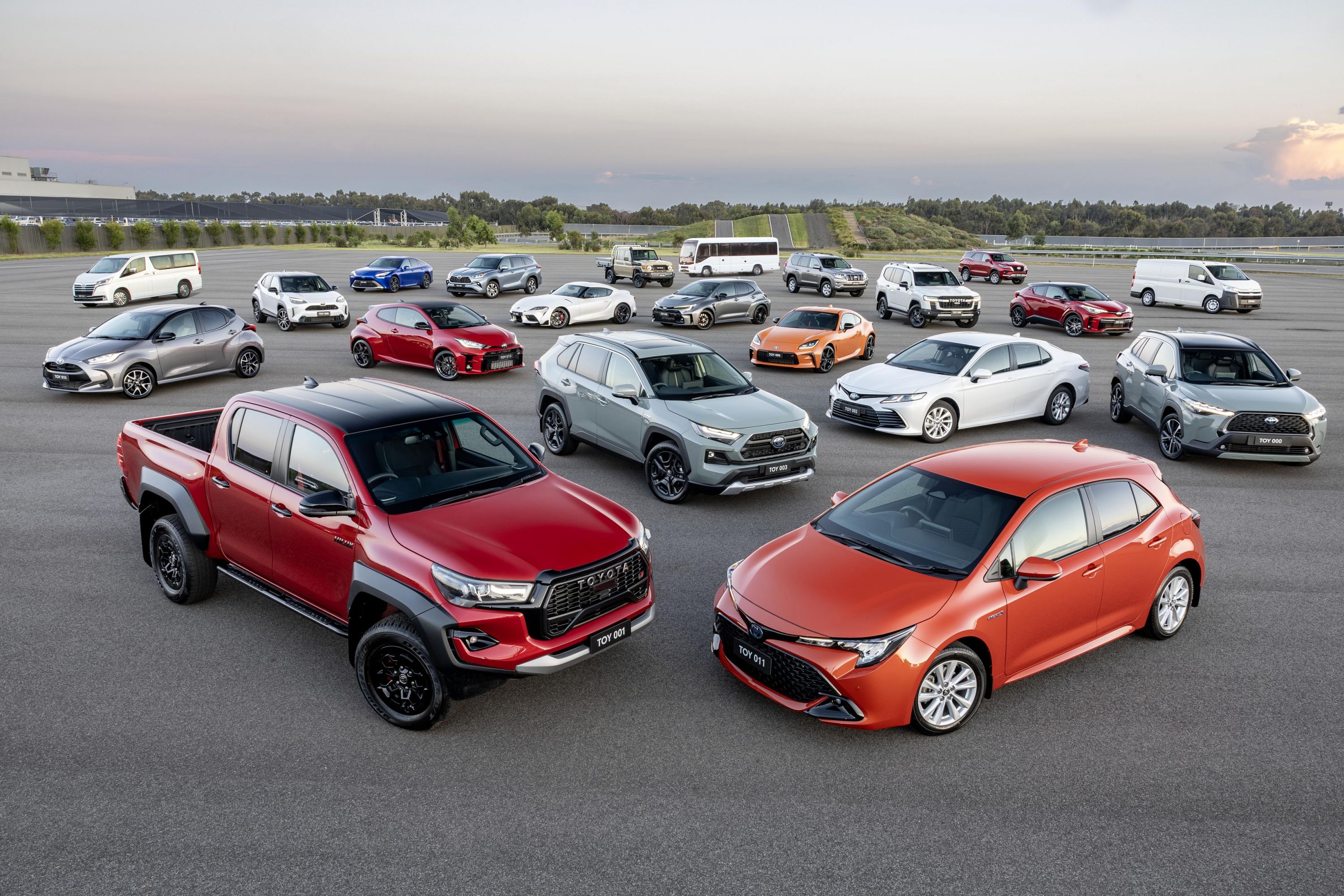
“We welcome the willingness of the Federal Government to consult on this important public policy and to make changes that represent a positive step forward.
“Even so, Toyota and the industry face huge challenges that must be addressed before these significant reductions can be realised.
“Our task now is to get on with the job of delivering diverse technologies that will enable our customers to choose vehicles with lower or zero carbon emissions that best suit their circumstances.”
In its submission to the Government earlier this year, it called for large SUVs to be classified separately from passenger cars, a change that has been made.
It recommended break points to be changed or removed entirely, calling for upper break points of 2400kg for passenger vehicles and 2800kg for light commercial vehicles. These are 2200kg and 2400kg in the revised rules, so not quite what Toyota was asking for.
Its calls for both a delay of penalties to 2029 and for off-cycle credits, which would take into account features that may reduce a vehicle’s emissions in a way not measured in emissions testing, weren’t answered by the Government.
MORE: Toyota’s wish list for new Australian emissions regulations
Mazda
Mazda Australia had no comment.
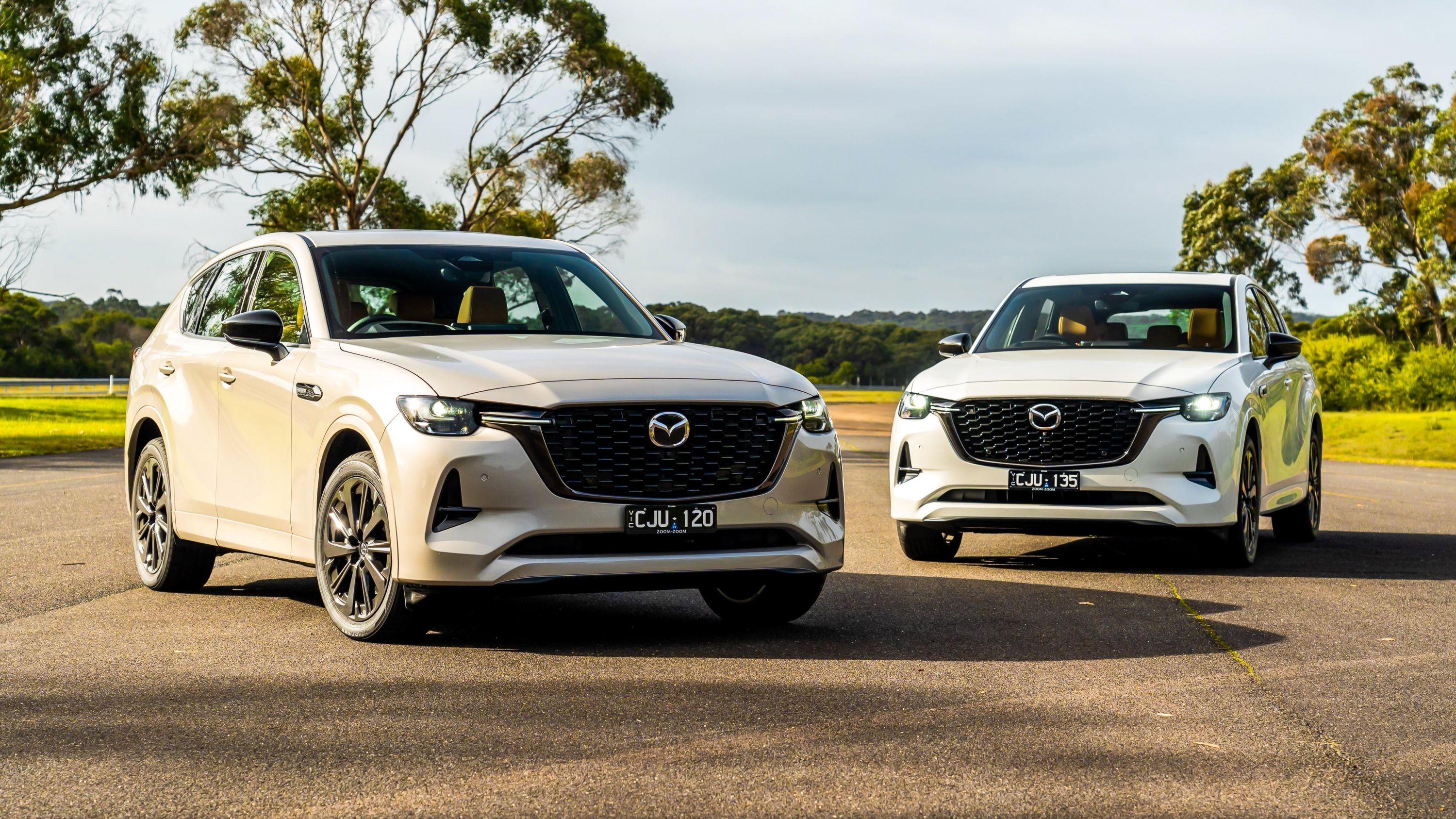
When the initial NVES Consultation Impact Analysis was released in February, the company was critical of it, arguing the Government’s preferred option would drive up car prices even if it wasn’t a direct tax.
“Our opposition is that I think the timeframe is too ambitious, and secondly maybe the government hasn’t really educated themselves on the costs that would go to the consumer in this big ambition they have shared with us,” Mazda Australia managing director Vinesh Bhindi told CarExpert early in February.
“A timeframe from 2030 to 2035, one we’ll have more technology available and probably a better value proposition, which would mean that our government doesn’t have to be as aggressive on incentives would be the appropriate timeline.”
The company also criticised the absence of subsidies for buyers looking to buy zero- or low-emissions vehicles.
MORE: Mazda pumps the brakes on Australian efficiency standards, calls for subsidies
Ford
“Ford’s global focus is to contribute to a carbon neutral emissions transportation future. As such, we appreciate the government’s willingness to engage on the proposed NVES policy and encouraged by the adjustments outlined today,” said a Ford Australia spokesperson.
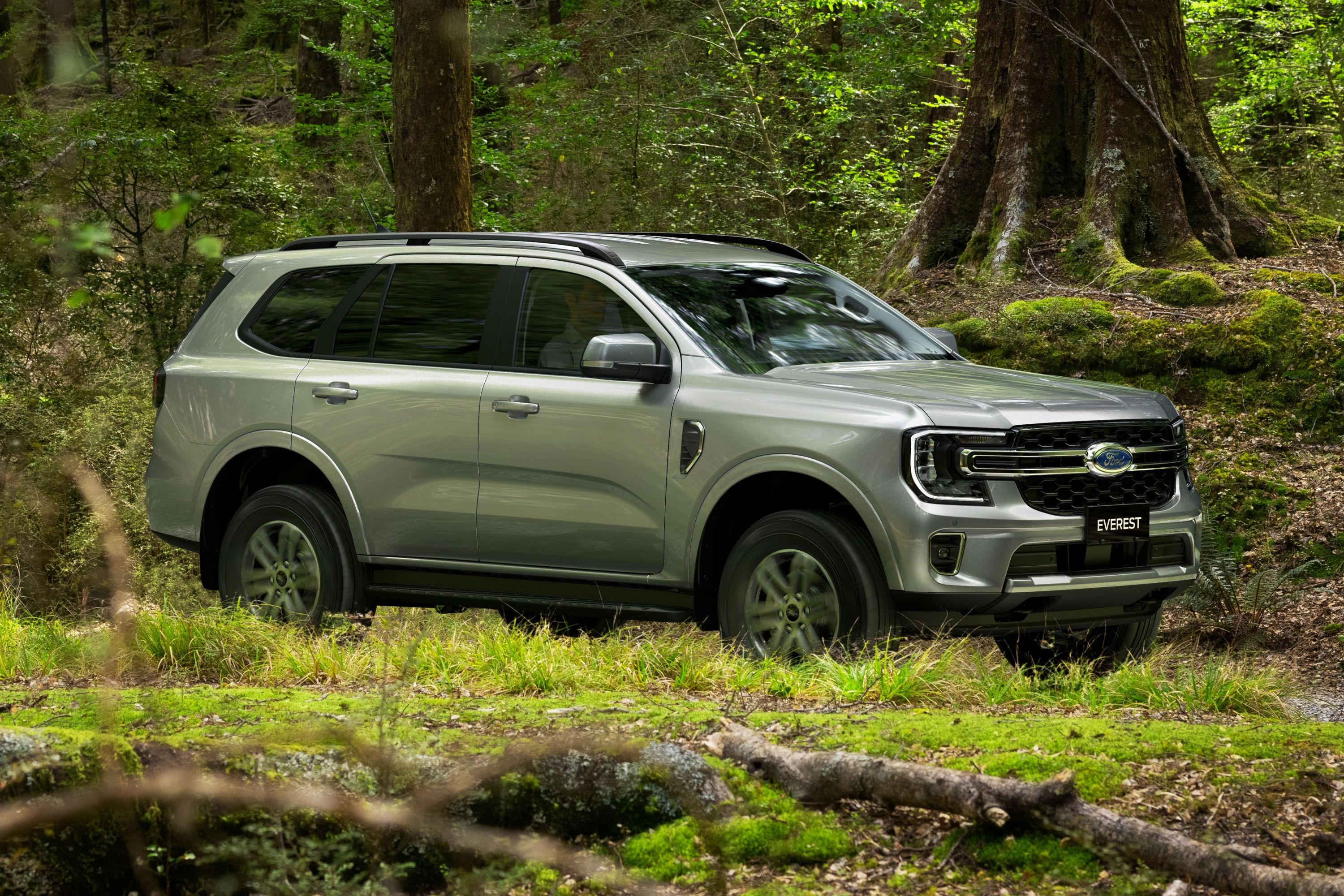
“These will help to ensure consumers have access to a range of vehicles capable of meeting their needs, while achieving the objective of accelerated emissions reductions.
“In Australia, Ford has five electrified vehicles in market or on their way: The Mustang Mach-E (a mid-size SUV), the E-Transit and E-Transit Custom (commercial vans), the Puma Gen-E (small SUV), and the Ranger PHEV (mid-size pick-up).”
Ford had earlier called for various changes to the proposed regulations, including for penalties to be delayed until 2026 and initially start at $50 per g/km.
It also called for ‘super credits’ to be included where electric and plug-in hybrid models could further offset higher-emitting vehicles, and for off-cycle credits to be included.
It also called for upper break points to be increased to 2500kg for both categories and for vehicle segmentation to exclude vehicles with a gross vehicle mass over 3500kg.
MORE: Ford wants incentives, concessions under Australian emissions regulations
Kia
Kia didn’t respond with a comment before publication.
Hyundai
“The NVES framework seems to strike the right balance between ambition and practicality,” said Hyundai Australia chief operating officer John Kett.
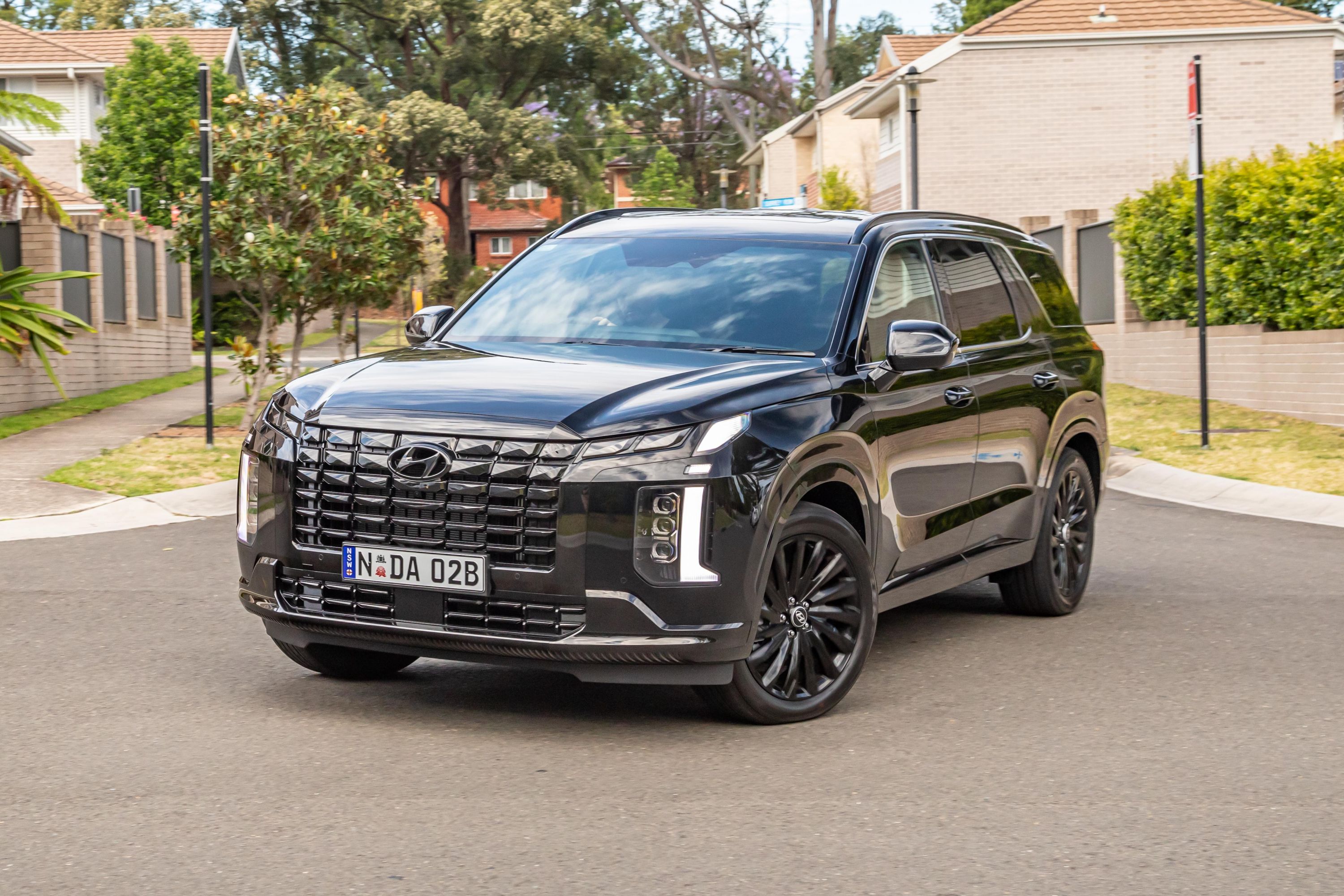
Hyundai Palisade
“With this Standard in place, Hyundai dealers will have great vehicles to sell, customers will have great vehicles to drive, and the automotive industry will be playing its part to reduce emissions in line with Australia’s commitment to decarbonise.
“Hyundai has been selling EVs in Australia for six years and investing in the technology globally for decades. It is our intention to bring many more EVs to the Australian market, while substantially reducing the emissions profile of our entire range.
“The New Vehicle Efficiency Standard will help us to do that and now we can look forward to getting on and selling some cars.”
Mitsubishi
“Mitsubishi Motors Australia is currently reviewing the updated proposal. Our experts are conducting a thorough analysis to understand the impacts on our business and customers,” said a company spokesperson.
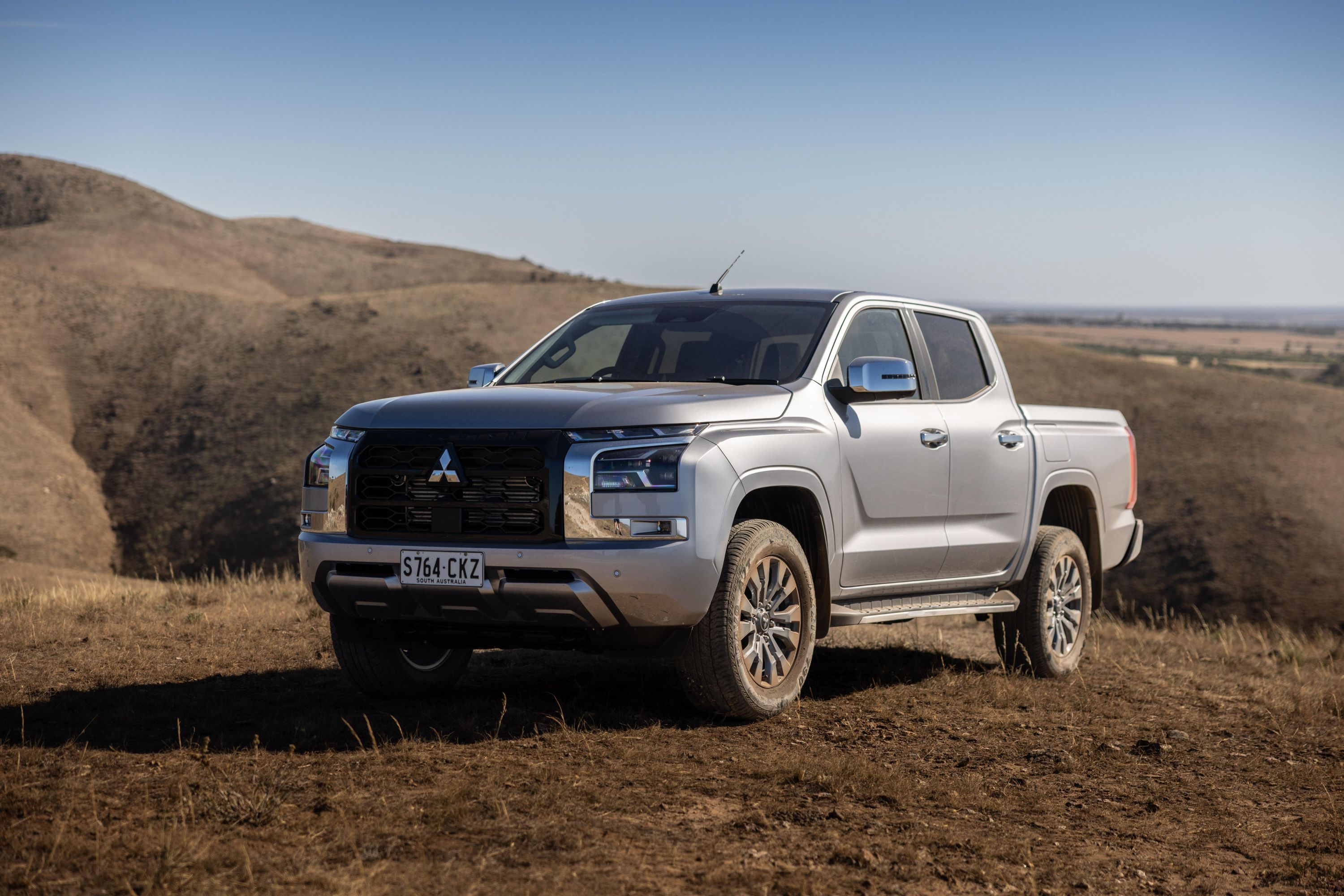
“We look forward to continuing to work with the Albanese Government to ensure a positive outcome for all Australians.”
Mitsubishi Motors Australia CEO Shaun Westcott said in February his company supported the introduction of emissions standards, but warned they needed to account for the specific needs and capabilities of vehicles like dual-cab utes, as viable electric alternatives to these don’t currently exist.
MORE: Mitsubishi: Emissions standards can’t forget about ‘middle Australia’
MG
MG didn’t respond with a comment.
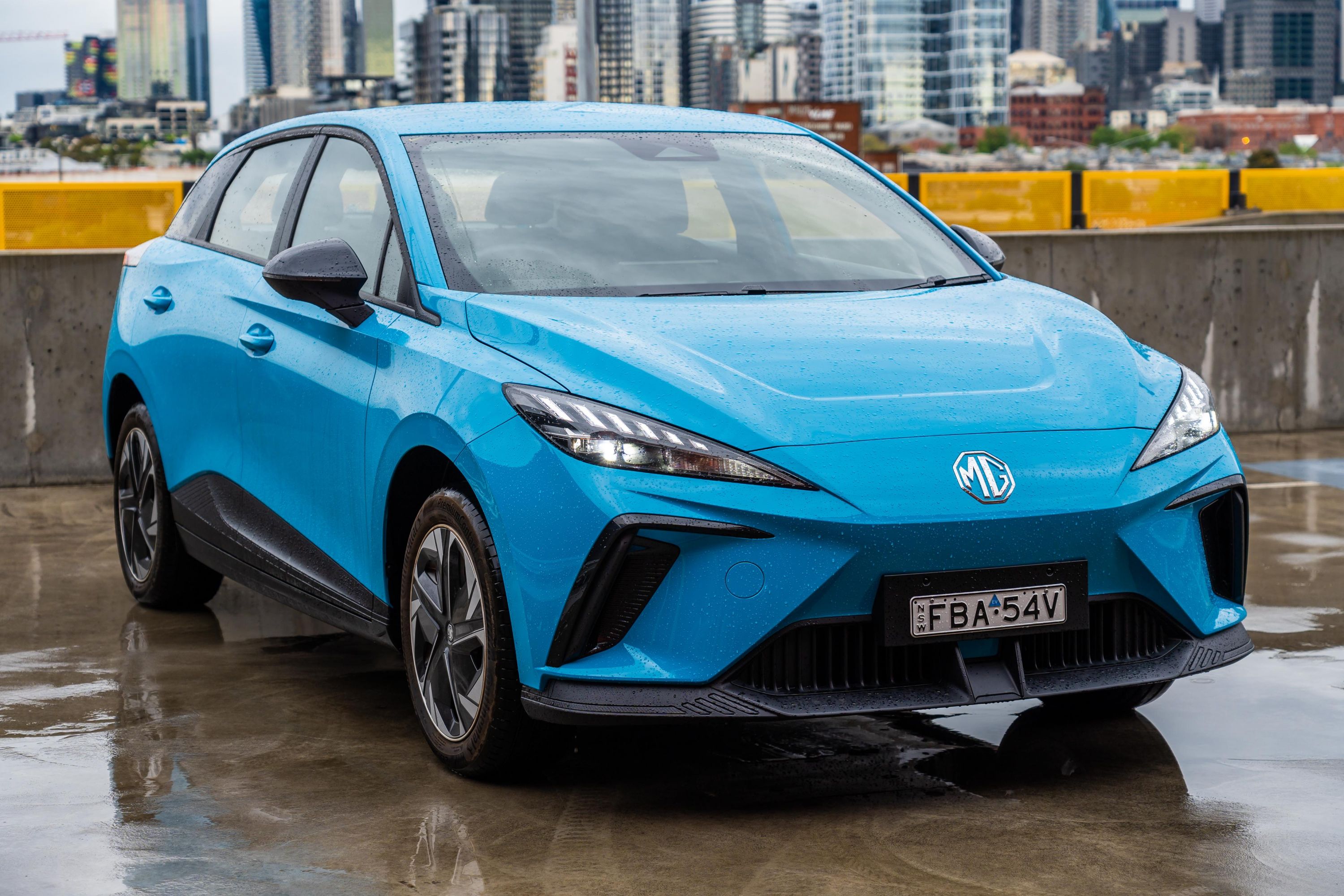
However, earlier this month it threw its support behind the Government’s preferred model for the NVES.
“With the majority of the international car market already covered by fuel efficiency standards, we are fully supportive of Australia’s move to help provide consumers with cleaner and more affordable cars to own and run,” said MG Motor Australia CEO Peter Ciao.
“The standard is a win for customers with rising costs of living and a win for our extensive dealer network who can do their bit to reduce emissions in their local communities in line with Australia’s commitment to decarbonise.
“We know that change is never easy and it took a lot of initiative from the Government to make such a move but we also know that having a strong fuel efficiency standard will not only help reduce household costs but also provide healthier neighbourhoods.”
MORE: MG backs aggressive emissions standards for Australia
Tesla
Tesla typically doesn’t provide official comment to media, however a company executive was on stage alongside Toyota Australia president Matthew Callachor when Ministers Bowen and King announced the revised standards.
Subaru
Subaru Australia didn’t respond with a comment before publication.
Isuzu
“We appreciate that the Federal Government has taken feedback from the industry and motorists and reviewed the proposed NVES policy,” said a spokesperson for Isuzu Ute Australia.
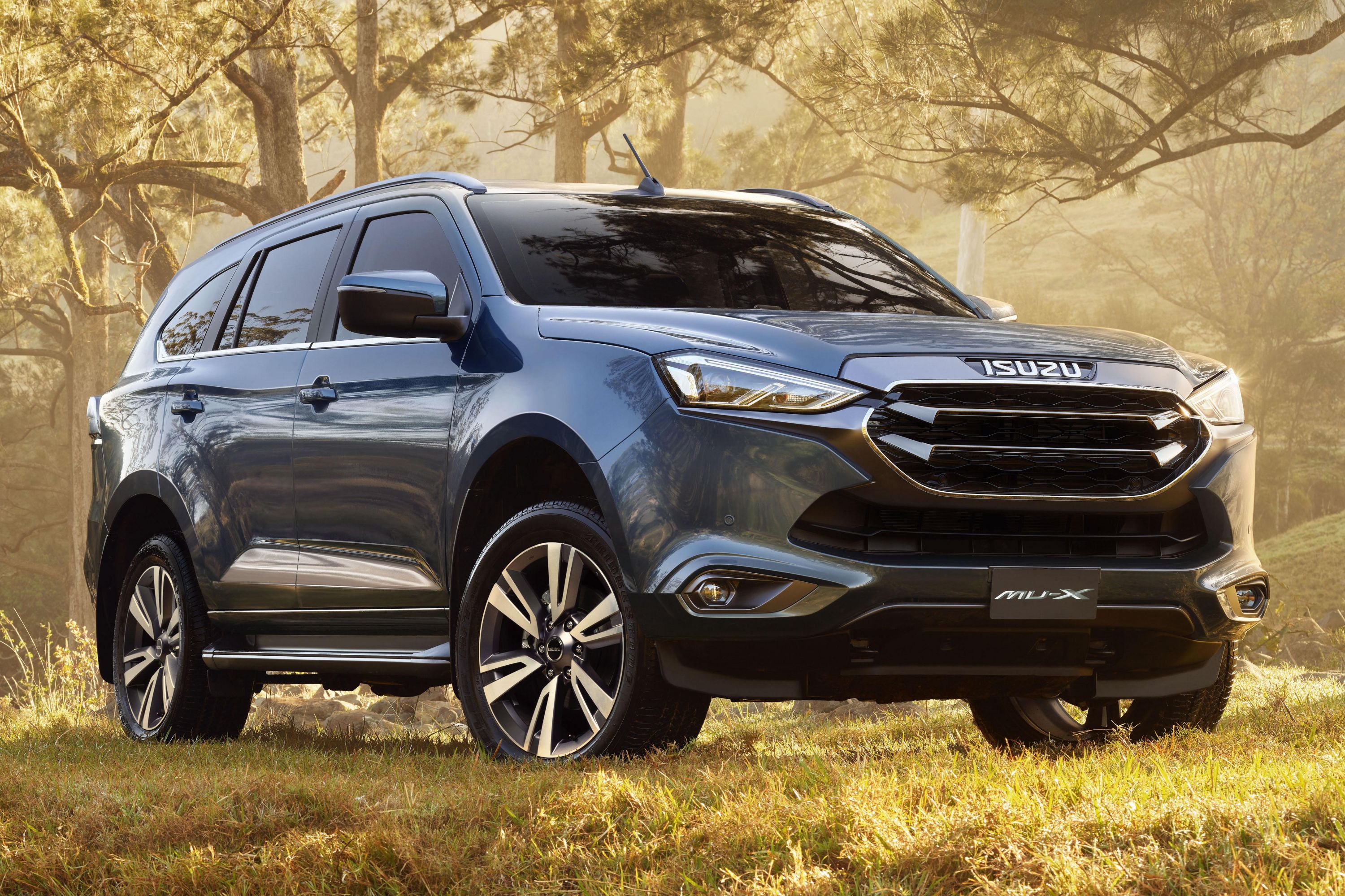
“While we are still analysing the proposal in detail, we are very aware that the targets will still be challenging.
“However, we are looking forward to continuing to work with key stakeholders to ensure Australians continue to have choices of vehicles that are fit for purpose under Australian conditions and needs.”
The company had previously warned the Government’s preferred NVES proposal would negatively impact new car buyers, and called for it give carmakers more time to lower the emissions of their model ranges.
It also called for SUVs – like its MU-X – to be classified separately to passenger cars, which is one of the key changes made by the Government.
It also called the proposed penalties excessive, though these haven’t been changed.
MORE: Isuzu sounds alarm on new government emissions regulations
Volkswagen Group
“Volkswagen Group Australia has long called for such regulation. Australia will be a better place for the NVES,” said a spokesperson for the company.
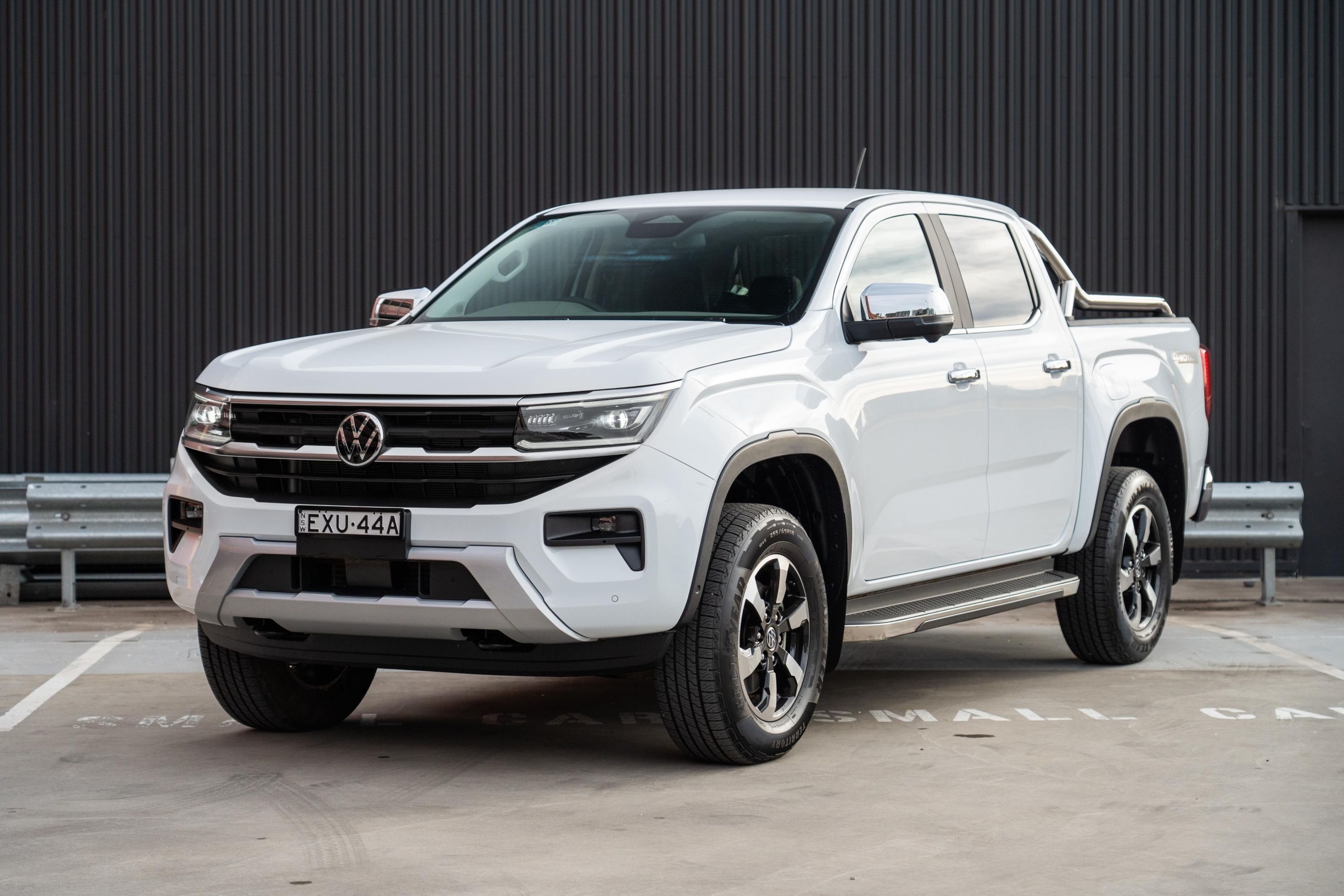
In its submission to the Government, Volkswagen had called for a lower penalty ($40 per g/km); for large SUVs to be included with light commercial vehicles; for super credits for electric vehicles; and for air-conditioning and off-cycle credits.
It also called for break points to be removed entirely, plus a two-year transition or grace period for penalties.
MORE: Volkswagen reiterates support for emissions regulations
Nissan
Nissan Australia didn’t respond with a comment before publication.
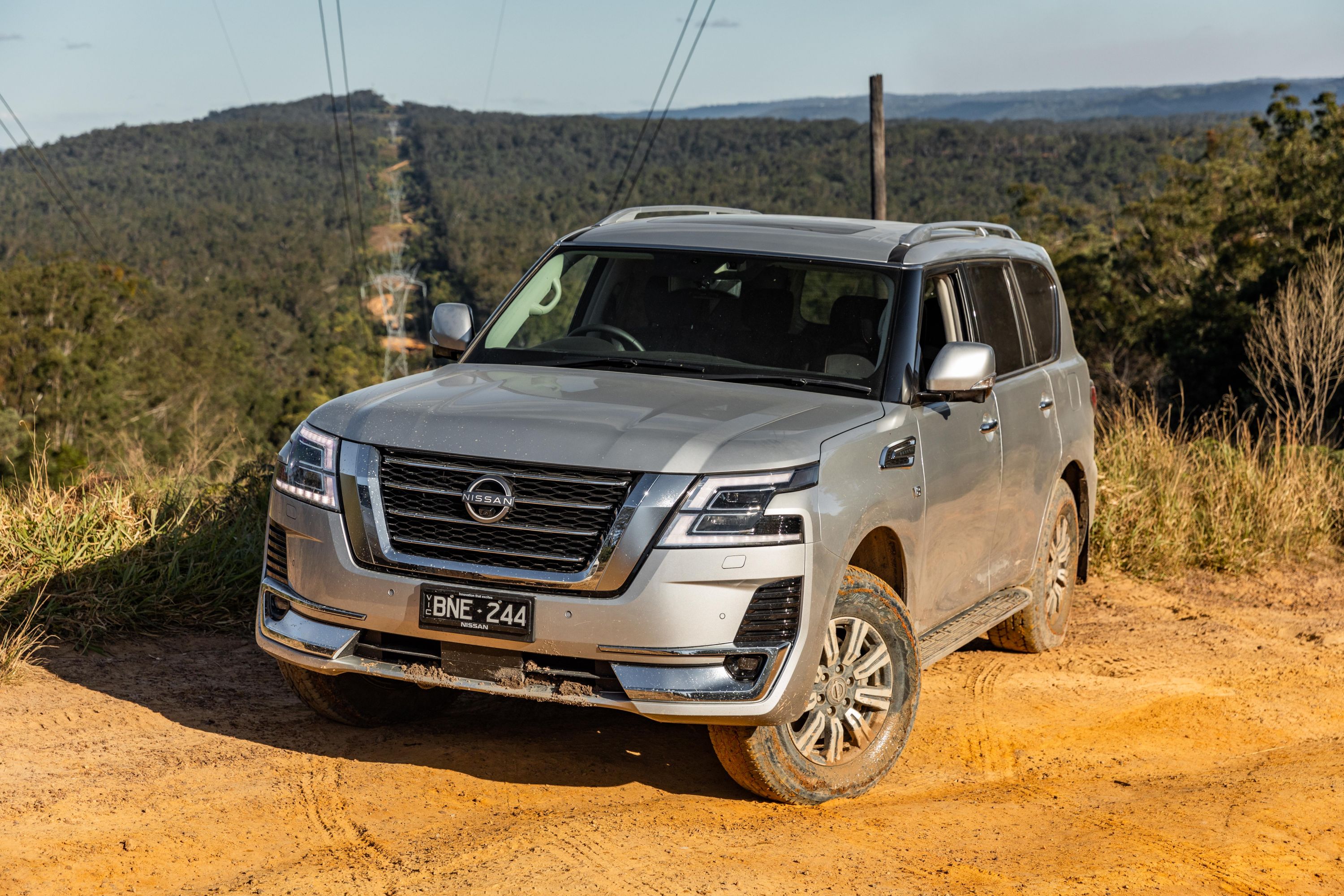
Patrol Ti-L
After the NVES Consultation Impact Analysis was released in February, Nissan Australia and Oceania managing director Adam Paterson said the brand was “committed to electric vehicles and carbon neutrality” and “co-designing an NVES with the Government that works for all Australians”.
However, he called for changes to be made to the Government’s preferred Option B, including for large SUVs to be categorised with light commercial vehicles; for break points to be removed; and for customer incentives to be offered.
The company has also called for vehicle type approval requirements to be amended to allow for direct acceptance of type approved vehicles from major global markets.
MORE: Nissan backs new emissions laws but calls for incentives, regulatory reform
GWM
GWM Australia didn’t respond with a comment before publication.
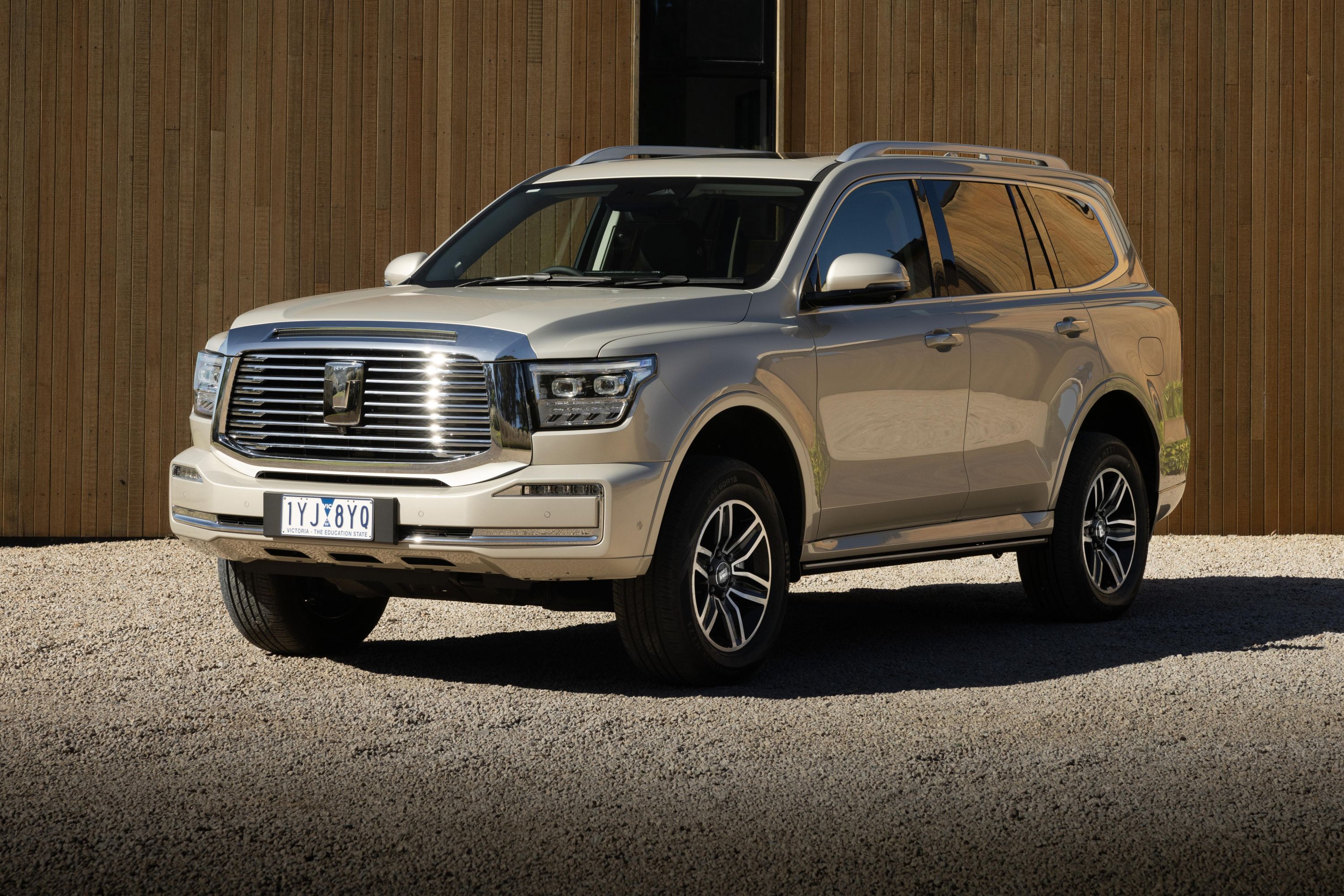
However, the company recently said it welcomed tough emissions standards in Australia.
“We welcome any standards which allow more fuel-efficient choices to be available to Australian customers. That’s the bottom line,” said Steve Maciver, head of marketing and communications for GWM Australia, earlier this month.
“The devil, of course, is in the details. We don’t know exactly what the final judgment of the announcement is going to be, but we do believe that GWM is well-placed with the range of vehicles that we’ve got today.
“Obviously, when we understand final outcome of the legislation, we will study that more closely, and if that means we have to look at other alternatives and other technologies such as plug-in hybrid, that’s something we can look at.”
MORE: GWM welcomes tough emissions standards in Australia
Mercedes-Benz
Mercedes-Benz had no further comment to provide.
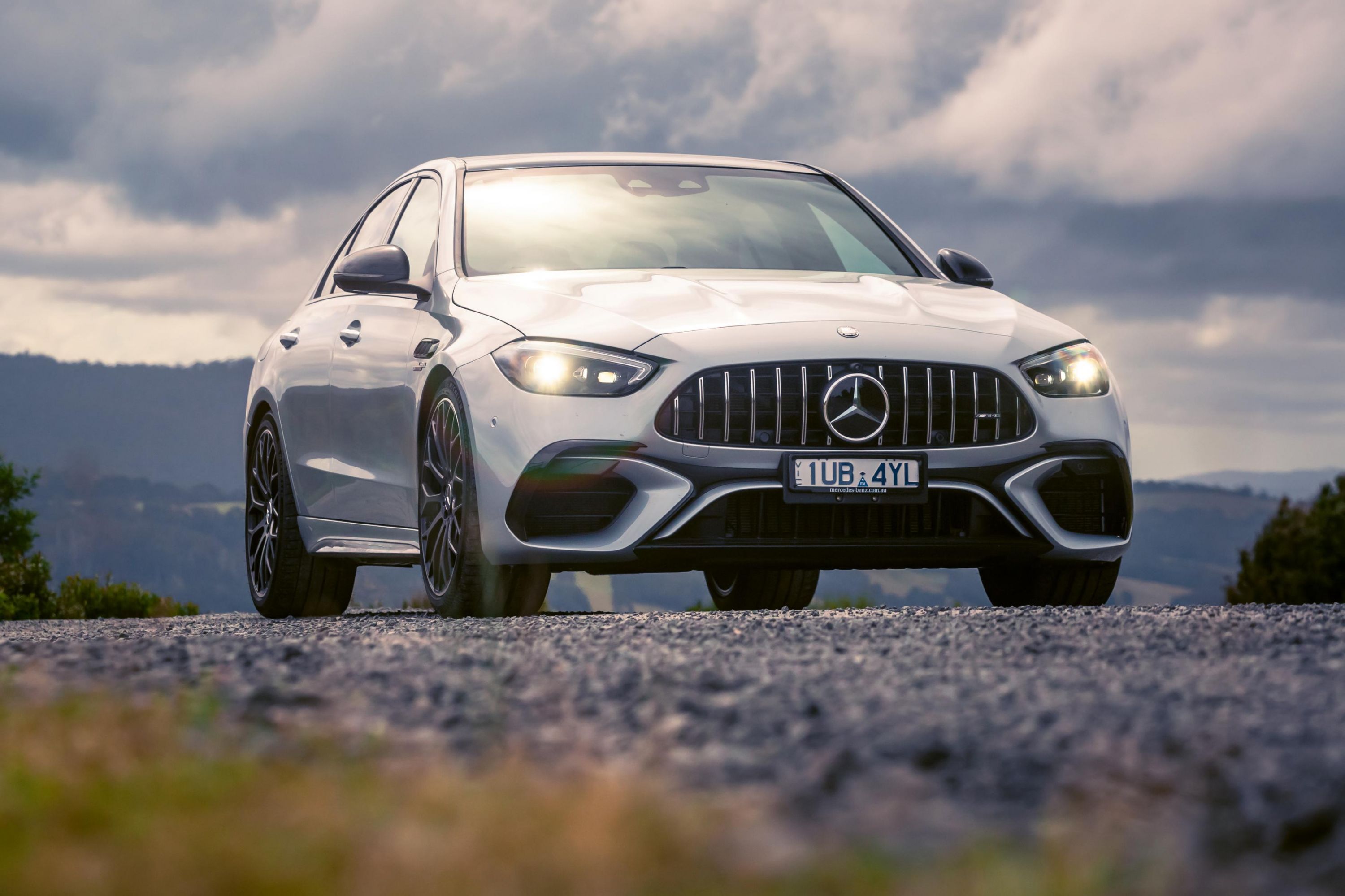
“We support regulations that will bring benefits to Australians, and are closely following the development of the New Vehicle Efficiency Standard proposal,” a spokesperson said in February.
“Increasing fuel efficiency and electrifying our vehicle fleet continue to play an important role in our strategy. In line with this, Mercedes-Benz is consistently expanding its range of fully electric vehicles in Australia.
“By end of this year, we will offer 23 fully electric variants across eleven models, including passenger cars and vans.”
BMW
BMW had no further comment.
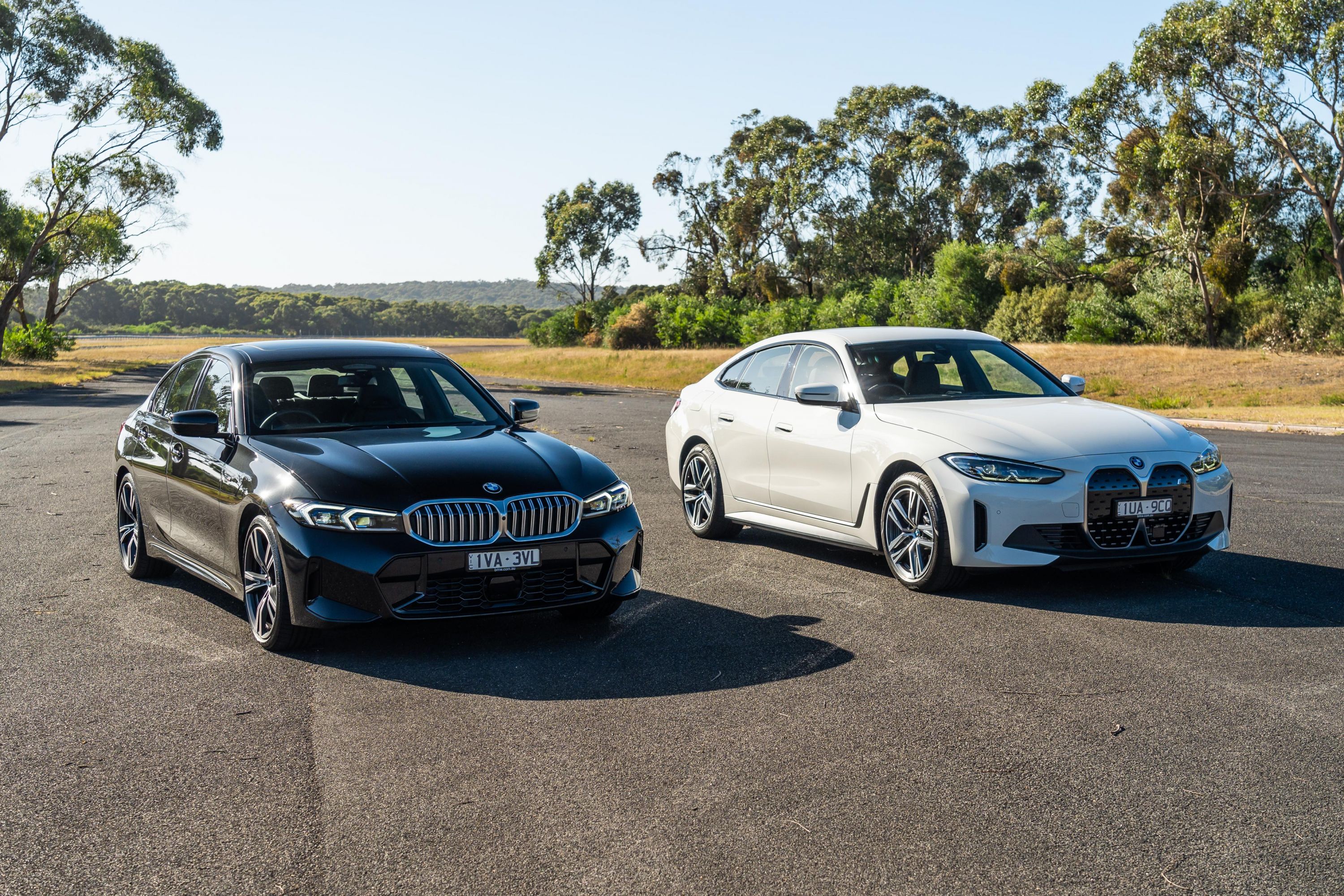
“The BMW Group supports the implementation of the New Vehicle Efficiency Standard (NVES),” a company spokesperson said in February.
“The standard’s design should prioritise consumers’ needs, offer diverse choices and contribute to emissions-reduction targets.
“It should provide the platform for a range of emissions-reduction measures and that the technology be made available to the buying public without restricting choice.
“We also strongly recommend it remain specific to the local market, be based on technology openness and accommodate future fuel types such as hydrogen and e-fuels.
“In addition, we urge the government to consider revising the Luxury Car Tax (LCT) for all fuel-efficient vehicles, and not just those that sit under the $89,332 threshold (FY2023/24).
“This will enable a wider range of vehicles to benefit from other incentives such as the Fringe Benefits Tax (FBT) exemption and encourage manufacturers to bring higher efficiency/technology vehicles to Australia to help shape and achieve the nation’s greenhouse emissions reduction target.
LDV
Ateco, LDV’s Australian distributor, didn’t respond with a comment before publication.
Suzuki
Suzuki Australia didn’t respond with a comment before publication.
Honda
“Honda Australia recognises the Federal Government’s initiative in making adjustments to the New Vehicle Efficiency Standard (NVES),” said a company spokesperson.
“We remain committed to working with government and industry. We will examine details of the revised NVES in a thorough manner with the goal of prioritising consumer needs, while contributing to emissions-reduction targets.”
News Related-
High court unanimously ruled indefinite detention was unlawful while backing preventive regime
-
Cheika set for contract extension as another Wallabies head coaching candidate slips by
-
Analysis-West's de-risking starts to bite China's prospects
-
'Beyond a joke' Labor won't ensure PTSD protections: MP
-
Formula One season driver ratings: Lando Norris shines as Max Verstappen nears perfection
-
Catalina golfer Tony Riches scores Guinness World Record four holes in one on same hole
-
Florida coach Billy Napier fires assistants Sean Spencer, Corey Raymond with expected staff shakeup ahead
-
Rohingyan refugee NZYQ accidentally named in documents published by high court
-
Colorado loses commitments of 2 more high school recruits
-
Queensland Health issues urgent patient safety alert over national bacteria outbreak
-
Townsville Community Pantry 'distressed' by fruit, vegetable waste at Aldi supermarket
-
What Is The Beaver Moon And What Does It Mean For You?
-
Labor senator Pat Dodson to resign from politics due to health issues
-
Hamas releases 11 more hostages, as Israel agrees to extend ceasefire
